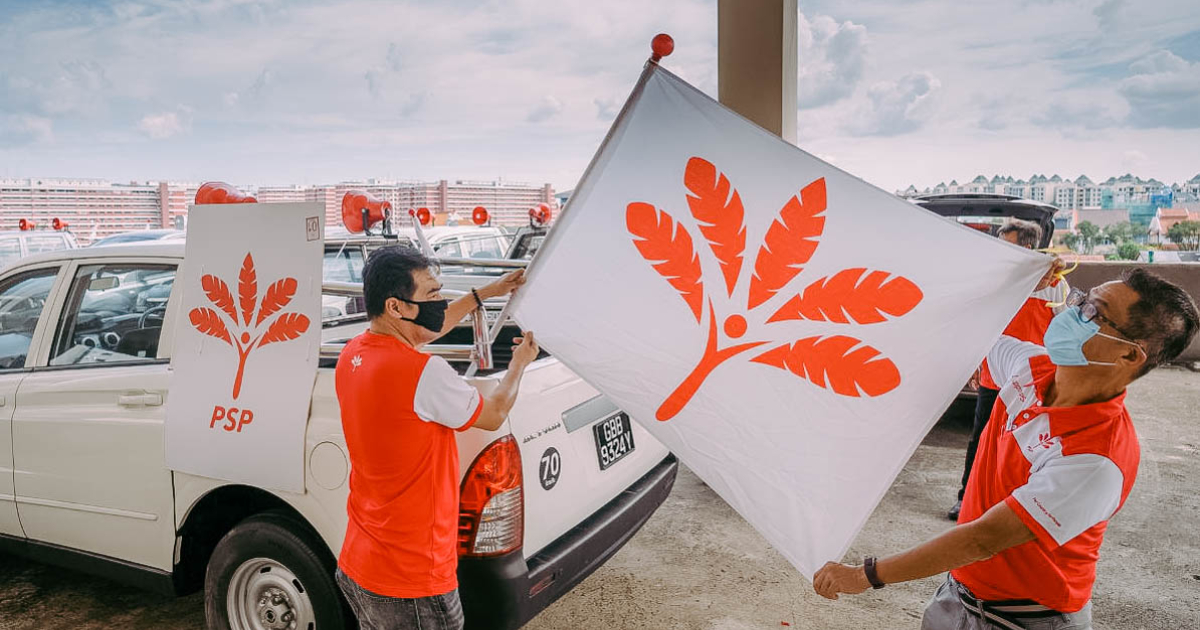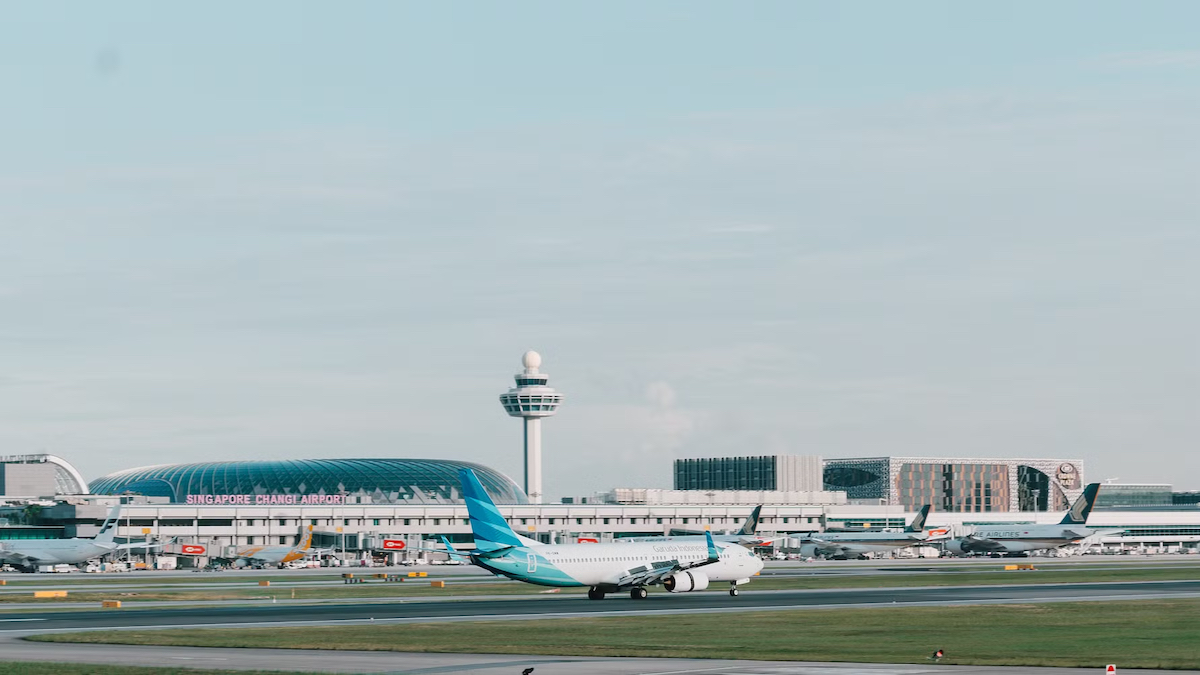General Election is upon us now and it’s time to get educated on the different political parties that will be contesting in the upcoming election.
Who are they? What do they stand for? What is their track record?
In this series, we will cover everything you need to know about the party so you can have a better understanding of what they’re about before you cast your votes.
Following our previous instalments on People’s Action Party (PAP), Workers’ Party (WP) and National Democratic Party (NDP), it’s time we take a look at Progress Singapore Party (PSP).
A Quick History Of PSP

The Progress Singapore Party (PSP) was founded in 2019 by Dr Tan Cheng Bock and 11 other members, including some former People’s Action Party’s politicians.
Tan had served as a Member of Parliament for 26 years in the Ayer Rajah constituency before his retirement from politics in 2006. He had previously contested the 2011 Presidential Election, in which he won 34.85 per cent of the popular vote but lost by a small margin of 7,269 votes to Dr Tony Tan.
He came out of retirement at 79 years old to contest against his former party.
Between March and May 2020, the party was hit by at least four resignations and expulsions. Tan downplayed the departures and reasoned that the party wants members “to do something for the country and not for themselves”.
Their most notable member is Lee Hsien Yang, who joined the PSP about three months ago. Lee Hsien Yang is the estranged younger brother of current Prime Minister Lee Hsien Loong.
What Do They Stand For?
The PSP believes that its manifesto offers a better alternative to the current problems that Singapore is facing as a nation.
They call for the current government to give job priority to Singaporeans, reduce dependence on and limit foreign labour into Singapore, so as to ease problems of congestion, social strains and depressed wages.
They also called for more assistance for local SMEs, such as offering them priority in public sector procurements and boost investment in them.
On top of that, they are advocating improved financial assistance for those unemployed due to COVID-19 and increased Comcare payout, CPF withdrawal of up to $50,000 at age 55, Medishield Life premium to be paid by government and freeze tax and fee increases for the next five years, as well as exempt basic necessities from GST.

Overall, the PSP believes that the heavy-handed approach adopted by the current government is stifling Singapore’s progress. They aim to change this by nurturing young Singaporeans to build a more inclusive, compassionate and democratic Singapore.
What Do S’poreans Think About PSP?
During his time in Parliament, Tan Cheng Bock was not exactly known to toe the line like how other PAP MPs do.
Dr Tan’s six terms were riven with controversial standoffs. In the early 1980s, Dr Tan argued against the education streaming scheme, arguing that it could stratify and create class divisions.
He was the only PAP MP who voted against on the Nominated MP scheme twice in 1997 and 2002. He even drew rebuttals from several senior government ministers in 1999, including then-Senior Minister Lee Kuan Yew when he urged the Government to downplay the emphasis on foreign talent in policy-making.
After he set up the PSP, many Singaporeans think that the party only belongs to Dr Tan Cheng Bock, which the party has been trying to convince otherwise.
One notable milestone was when they canvassed for the people’s support at their inaugural party walkabout on 29 September last year, when they walked the ground at all 29 constituencies in Singapore.
The aim of the walkabout was to get Singaporeans to know about the PSP, and reveal that the party belongs to all its members.
Political observers had said that Dr Tan would need to give voters confidence that his new party would outlast him.
“(Dr Tan) cannot be a one-man show. If he is a one-man show, people would not buy in to the party. So he has to make sure he has credible people, a strong team,” said former PAP MP Inderjit Singh.
Where Will They Be Contesting?
This year’s general election will be their first one and the Party will be contesting 24 seats in nine constituencies — West Coast, Tanjong Pagar, Choa Chu Kang, Nee Soon GRCs and Yio Chu Kang, Marymount, Kebun Bahru, Hong Kang North and Pioneer SMCs.
They are the party with the most number of candidates contesting on the opposition side, with Workers’ Party following at 21 candidates.
Tan Cheng Bock, who is contesting in West Coast GRC, has previously said that his past work as a MP in Ayer Rajah had contributed to the area in a large extent. As a result, he is a familiar face in West Coast and has high hopes for his party to win.
Just last week, Nee Soon GRC MP K. Shanmugam had called the PSP’s campaign for Nee Soon GRC “half-hearted”, saying that the PSP had offered to trade Nee Soon to the Reform Party for another constituency.
The RP subsequently accused PSP of reneging on an agreement to contest Yio Chu Kang SMC, but PSP has since denied these allegations.
Disclaimer: Vulcan Post does not support or endorse any political parties.
Check out our General Election 2020 microsite for more election-related content.
Featured Image Credit: Progress Singapore Party








